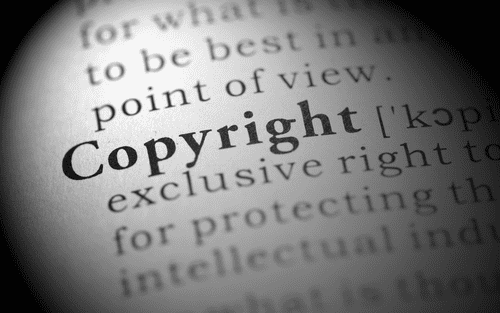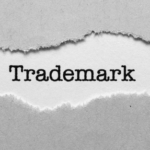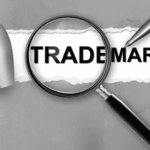Copyrights can be a tricky area of law to navigate. What separates copyrights from other intellectual property more than anything else is the fact that registration of a copyright is not required to obtain protection. It is automatic. Now, with that being said, registration of a copyright is required before someone can be sued for infringement. This, however, does not mean that something isn’t copyrighted before it’s registered. Registration enables the lawsuit while simultaneously determining the amount of damages an infringed party can recover if they bring a lawsuit. If someone infringes a copyright after it is registered, the damages are different than if someone infringes a copyright before it’s registered. 17 U.S.C. § 412 clarifies these differences in damages.
One of the most common places where infringement occurs today is online. Many businesses operate websites or operate entirely online. The purpose of this blog is to clarify that even if material is used online prior to its copyright registration, infringement and damages can still occur, even years later. In addition, there are a few things to consider regarding how to handle copyrights online and what to do to avoid infringing a copyright on your website.
Avoiding Copyright Infringement Online: Caution And Safe Harbors
If you are using photos or other material that you do not directly make, the risk always exists for copyright infringement to occur. The best way to avoid infringement is to use material that you or your company make, or to obtain a license from the owner. A license grants permission to use the copyrighted material. Just because something is on Google, or anywhere else online, does not mean that it is free to use on your website.
It is fair to say that the owner of a website does not always have control over what is displayed on their website. Publishers, social media websites, blogs, and many others allow their users to upload various content to their websites. For those who operate such websites, there is some protection that the law provides. Specifically, under 17 U.S.C § 512, there are several safe harbor provisions that can be used as a defense against copyright infringement for online service providers. Since an online service provider includes anyone who operates a website, these safe harbors can be applicable to almost everyone. 17 U.S.C. § 512(k). The safe harbor that applies to user-generated content is discussed under 15 U.S.C § 512(c). This safe harbor states in part that:
“A service provider shall not be liable for monetary relief… for injunctive or other equitable relief, for infringement of copyright by reason of the storage at the direction of a user of material that resides on a system or network controlled or operated by or for the service provider, if the service provider-
(A)(i) does not have actual knowledge that the material or an activity using the material on the system or network is infringing;
(ii) in the absence of such actual knowledge, is not aware of facts or circumstances from which infringing activity is apparent; or
(iii) upon obtaining such knowledge or awareness, acts expeditiously to remove, or disable access to, the material;
(B) does not receive a financial benefit directly attributable to the infringing activity, in a case in which the service provider has the right and ability to control such activity; and
(C) upon notification of claimed infringement as described in paragraph (3), responds expeditiously to remove, or disable access to, the material that is claimed to be infringing or to be the subject of infringing activity.
There are also two other prerequisites for applying this safe harbor as a viable defense against copyright infringement. First, there needs to be a terms of service section available on the website that discloses both a copyright infringement policy and a designated agent to receive complaints of copyright infringement. 17 U.S.C. § 512(i). Second, the company or person who owns and operates the website needs to register an agent with the United State Copyright Office. 17 U.S.C. § 512(c)(2). In some jurisdictions, this registration needs to take place before the infringement occurs in order to be protected by the safe harbor. Atl. Recording Corp. v. Spinrilla, LLC, 506 F.Supp.3d 1294 (N.D. Ga. Nov. 30, 2020).
Conclusion
If you run an online website that allows users to add content to the site, whether it be music, comments, articles, or anything else, we highly recommend you take the actions to qualify for this safe harbor provision. Whether you need to qualify for a safe harbor or would like your website’s content checked for infringement exposure, our attorneys at SW&L Attorneys can help you take the actions necessary to protect your online presence. If you would like to speak to an attorney about copyrights or other intellectual property matters, please give us a call at (701) 297-2890.










